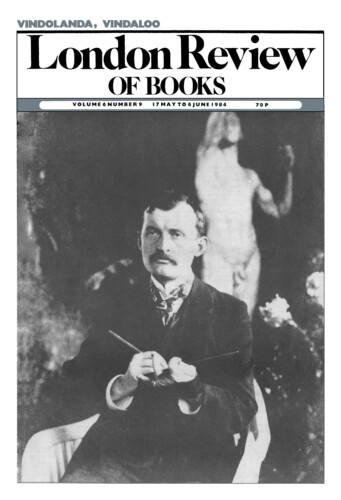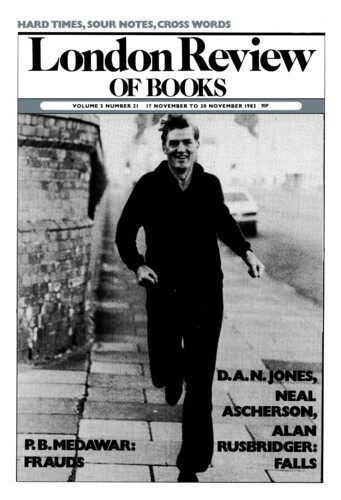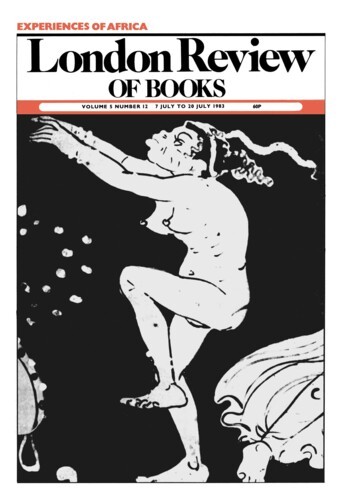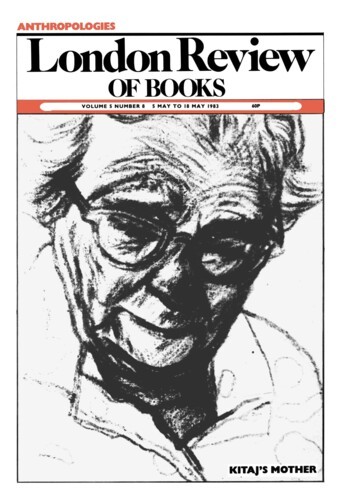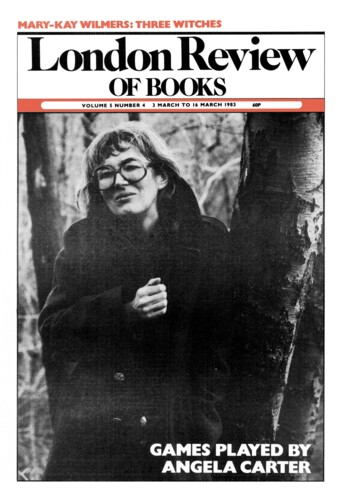The Road to Sligo
Tom Paulin, 17 May 1984
Perhaps all verse translation must begin and end with a version of the Aeneid, or with an essentially Virgilian concept of art’s relation to society? In these islands, the first translator of Virgil was Gavin Douglas, whose Eneados was completed in 1513. Although my Concise Oxford Dictionary of English Literature appropriates Douglas as the earliest translator of the classics ‘into English’, his version was of course written in Scots and is an ennobling monument to Scotland’s separate cultural identity. For Douglas, Virgil is a holy, original and perfect figure, a divine lawgiver who inspires his readers with the pure form and essence of culture. He is end and beginning, both cedar tree and ‘A per se’. And as James Kinsley suggests, Virgil’s best translators acquire something of his luminous stature: ‘the ancient author becomes culturally effective, and the translator a “noble collateral” with him.’
